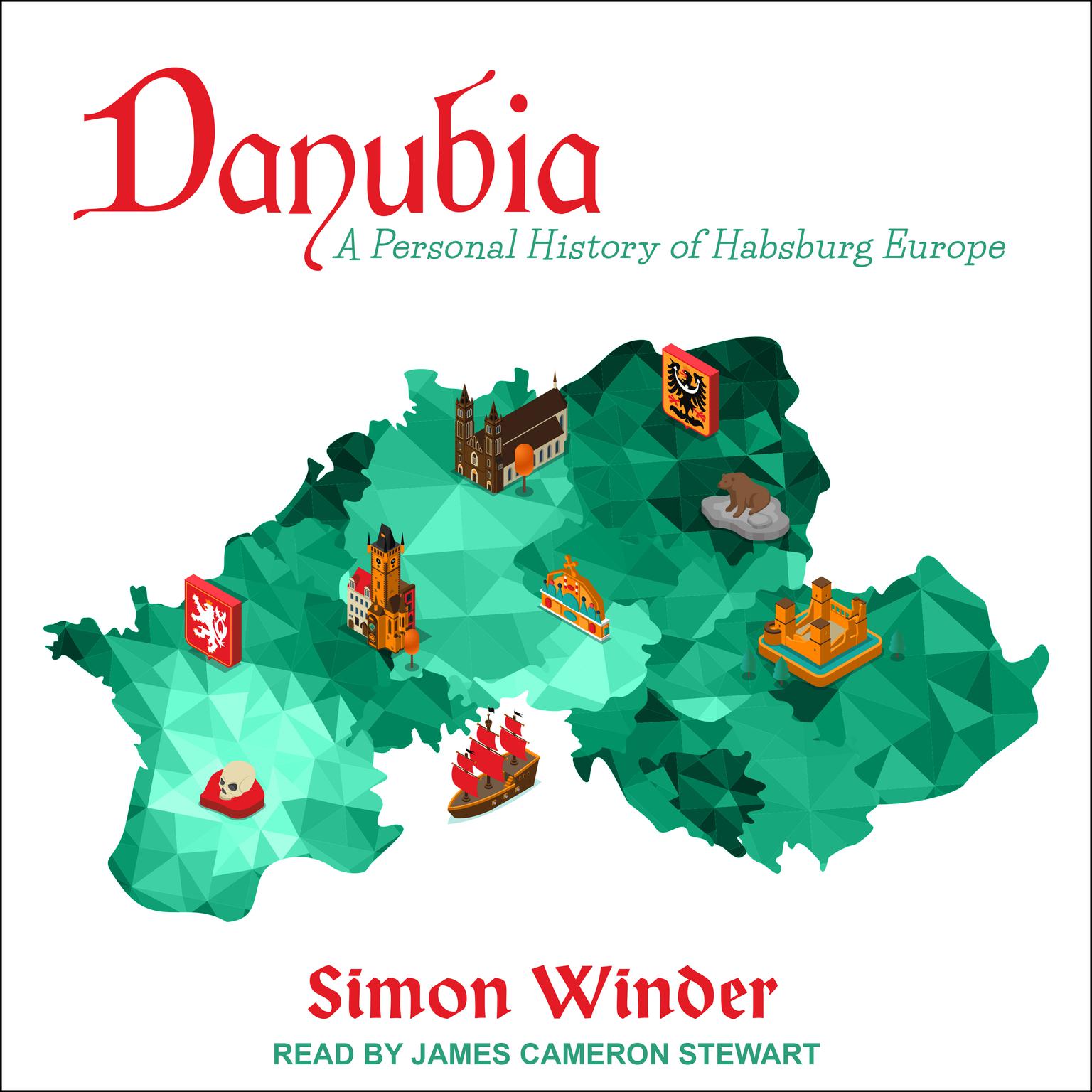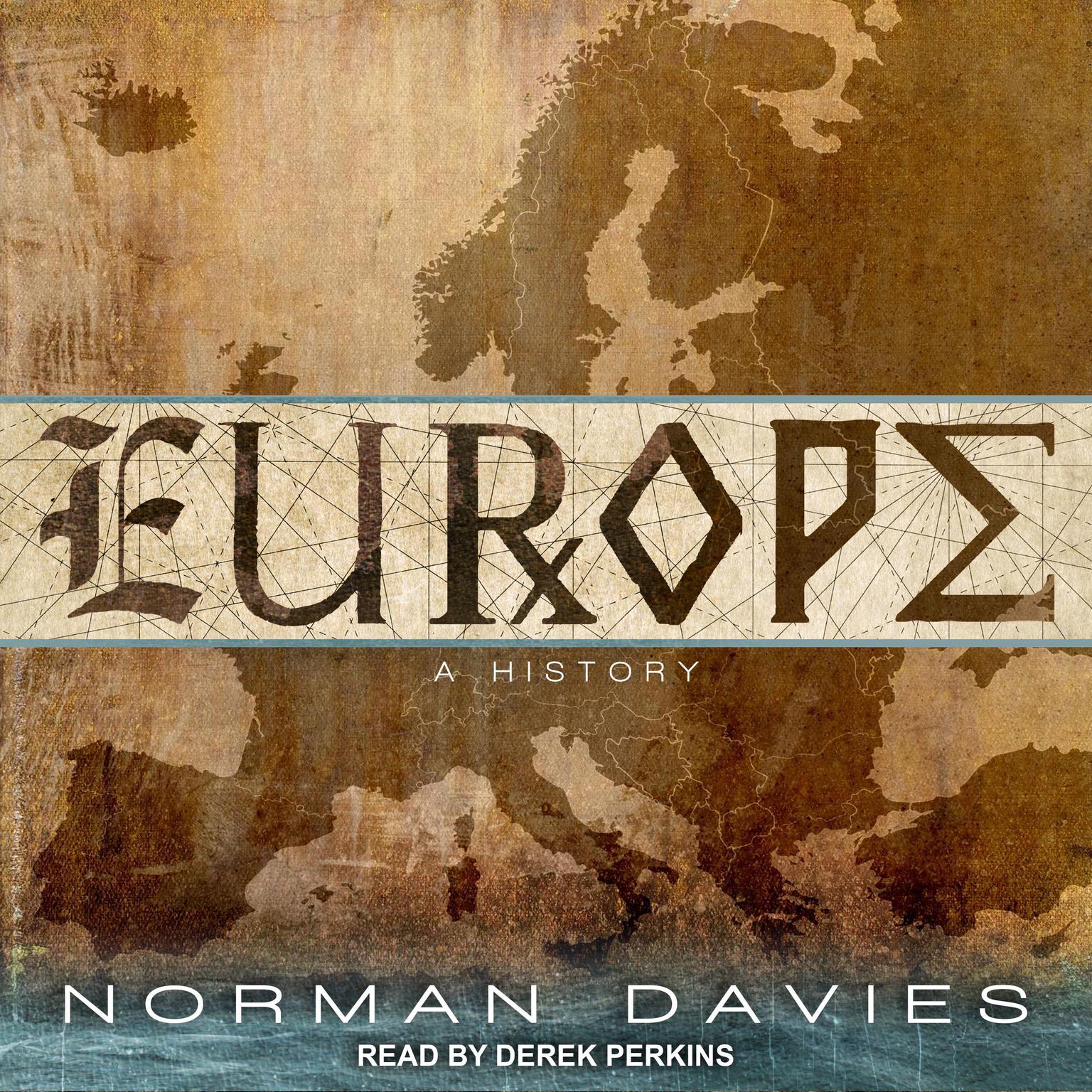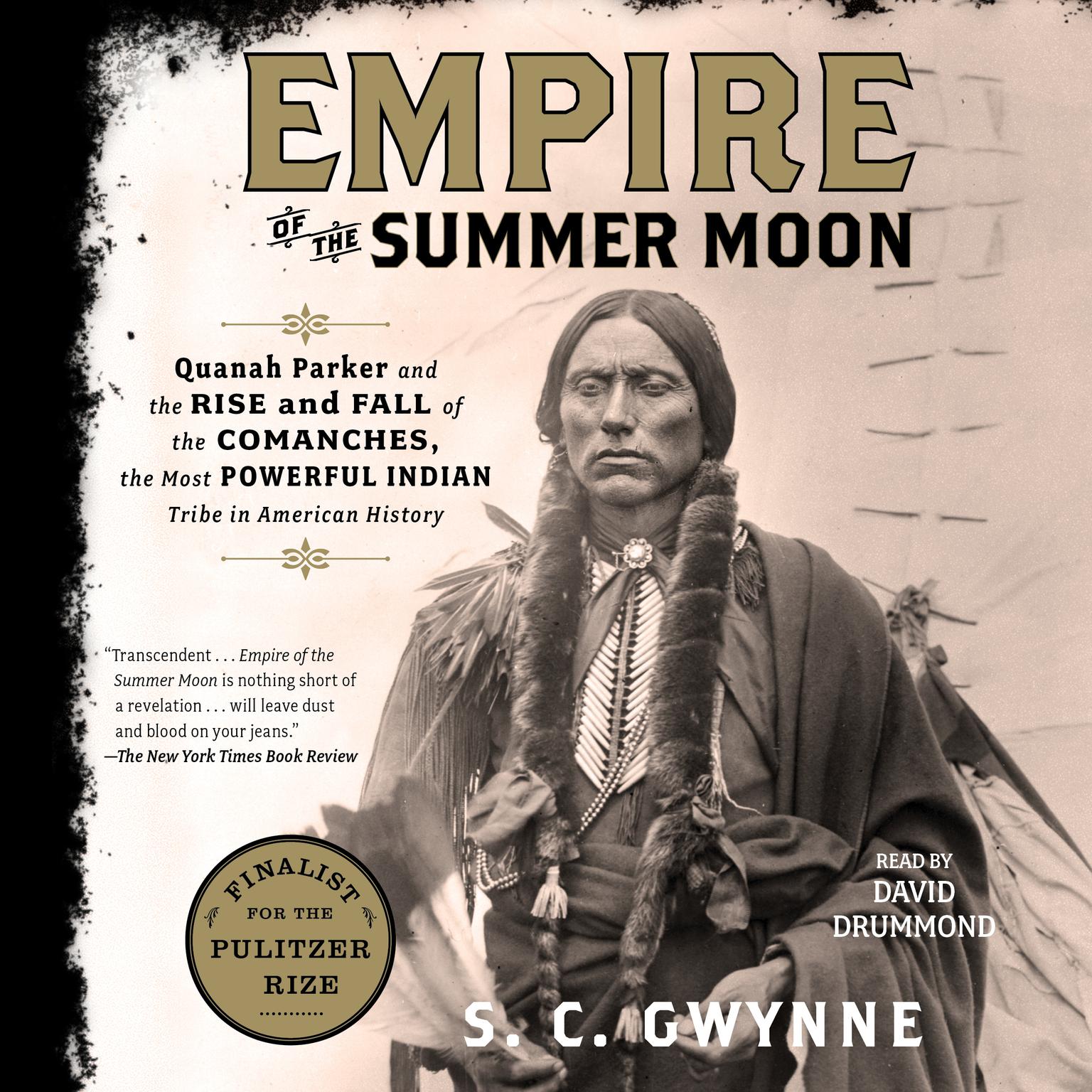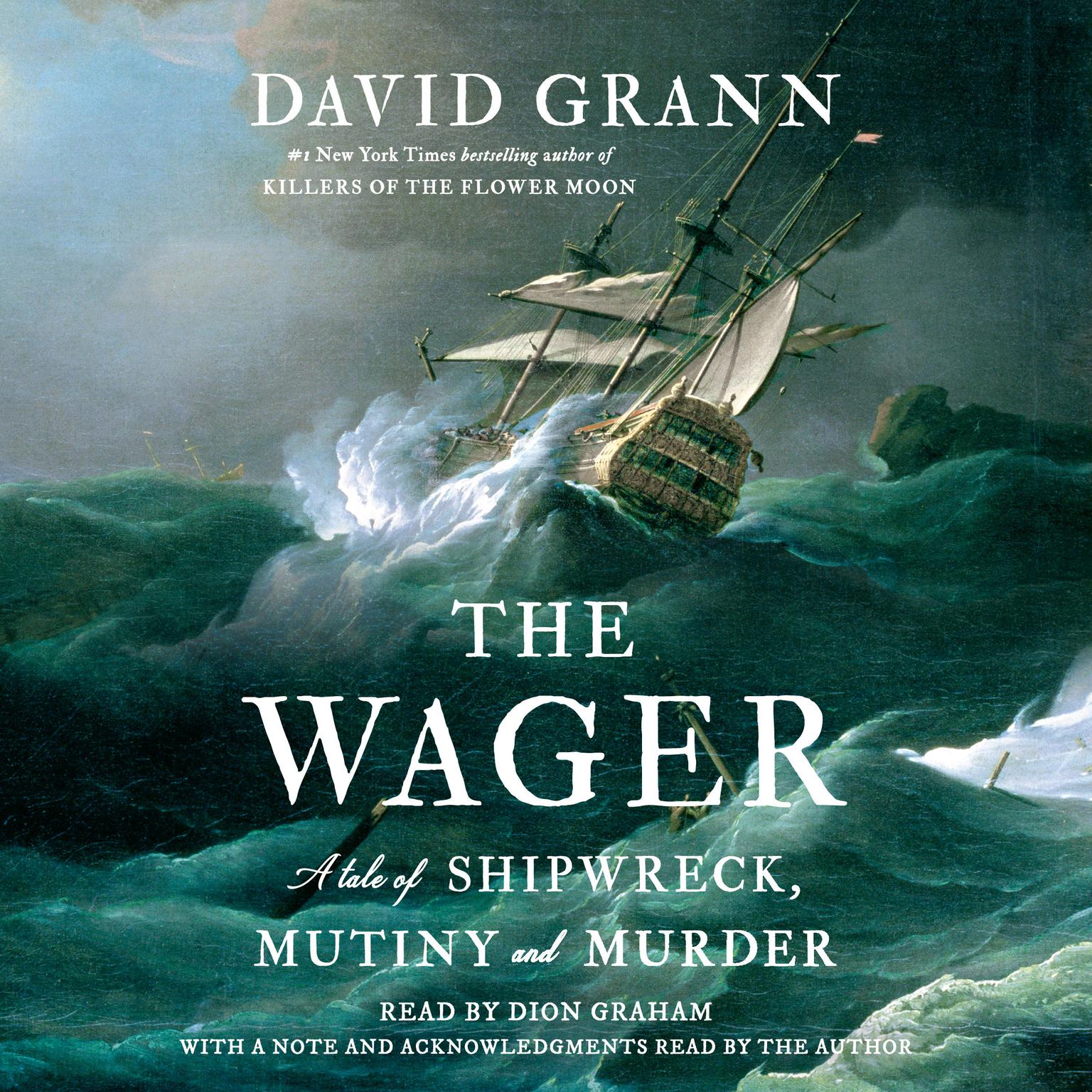Publisher Description
From the end of the Middle Ages to the First World War, Europe was dominated by one family: the Habsburgs. Their unprecedented rule is the focus of Simon Winder’s vivid third book, Danubia.
Winder’s approach is friendly, witty, personal; this is a narrative that, while erudite and well researched, prefers to be discursive and anecdotal. In his survey of the centuries of often incompetent Habsburg rule which have continued to shape the fate of Central Europe, Winder does not shy away from the horrors, railing against the effects of nationalism, recounting the violence that was often part of life. But this is a history dominated above all by Winder’s energy and curiosity. Thrillingly informative, Danubia is a treat that listeners will be eager to dip into.
Download and start listening now!
“always, Mr. Winder’s irreverent and humorous analysis of the Habsburg Empire is not only very enjoyable, but it is also very cogent. Unlike the usual reductive approach taken by the academic historians, his work emphasises the danger of our attributing intentions and purposes to people whose lives were very different from ours. In addition, he rejects the historians’ mythical belief that the majority of ‘common people’ shared the views of their contemporary intellectuals which is more than childish. Even with modern communications, most of the fashionable views of today remain ill understood by the majority.
Consider for instance, the horrors of French and Bolshevik revolutions and what the intellectuals say what they were supposed to be. It is amazing how intellectuality nears imbecility among academics loaded with elephantine erudition. Mr. Winder’s book is a marvellous antidote to such venerable verbiage.
In spite of his criticism of the Habsburgs, it is nice to see that he has a bit of a soft spot for that much maligned family. After all, Danubian cultures played a major role in the evolution of European culture since pre-history as the recent discoveries in archaeology reveal.
Two small quibbles thogh; Mr. Winder seems to make the same historical error as academic historians when he refers to the old German anthem:
“Deutschland, Deutschland über alles, über alles in der Welt” simply means, Germany, Germany above everything else in the world ‘for us.’ This for us is implied in the song. It does not imply any superiority as many propagandists have maintained. Consider the words of the French national anthem for a salutary counter argument.
The author’s criticism of Germans and Magyars sometimes forgets that they may have been simply governed by their conceptual apparatus which is different from ours. As for the other people, it becomes difficult to deal with them especially when some group claims a special exclusivity and wishes to remain apart. Consequences of this attitude can be clearly observed even today in affluent countries with a migrant population from other cultures.”
—
Tarquin (5 out of 5 stars)











